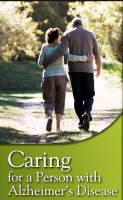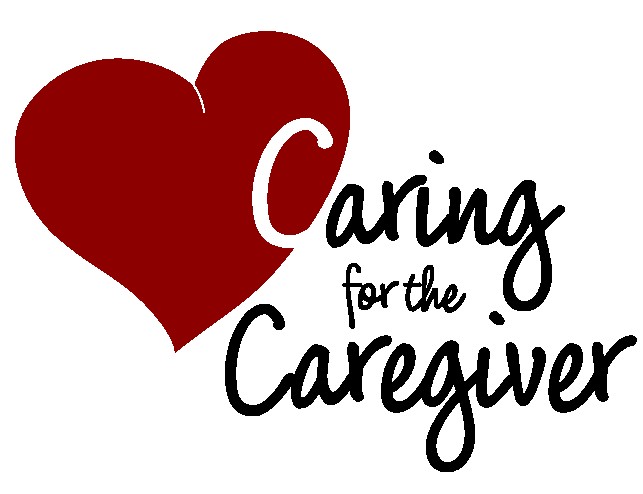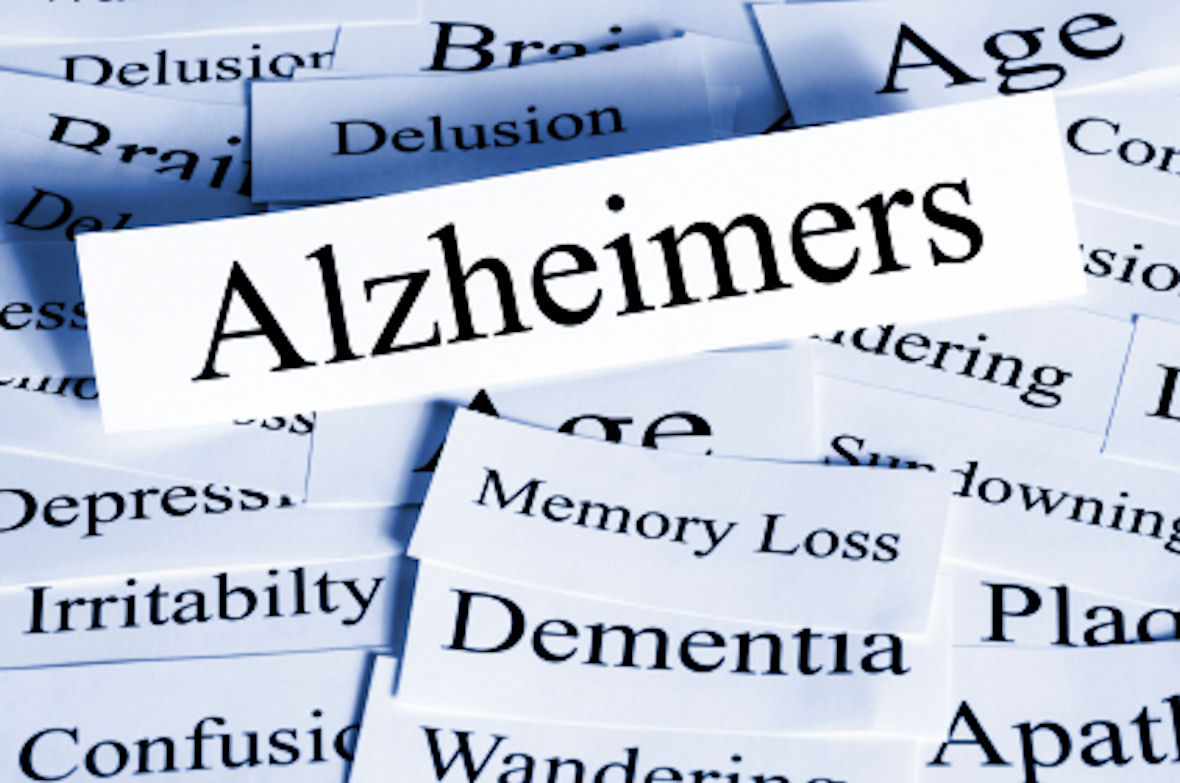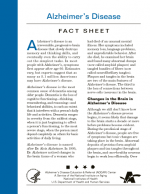(Mayo Clinic) Caring for a loved one strains even the most resilient people. If you’re a caregiver, take steps to preserve your own health and well-being.
With an aging population and changes in health care, such as shorter hospital stays, more and more caregiving is being provided by people who aren’t health care professionals. A caregiver is anyone who provides help to another person in need, whether that’s an ill spouse or partner, a disabled child, or an aging relative. Indeed, more than 65 million Americans provide care to a loved one.
Caregiving is Rewarding but Stressful
If you’re a caregiver, you know that taking care of someone who needs your assistance can be very rewarding. Being there for your loved ones when they need you is a core value for many. But being a caregiver can exact a high toll, and caregiver stress is common.
Caregiver stress is the emotional and physical strain of caregiving. Individuals who experience the most caregiver stress are the most vulnerable to changes in their own health.
Many caregivers fall into the trap of believing that they have to do everything by themselves. Don’t make that mistake. Take advantage of the many resources and tools available to help you provide care for your loved one. Remember, if you don’t take care of yourself you won’t be able to care for anyone else.
Signs of Caregiver Stress
As a caregiver, you may be so focused on your loved one that you don’t realize that your own health and well-being are suffering. Watch for these signs of caregiver stress:
- Feeling tired most of the time
- Feeling overwhelmed and irritable
- Sleeping too much or too little
- Gaining or losing a lot of weight
- Losing interest in activities you used to enjoy
Too much stress, especially over a long time, can harm your health. As a caregiver, you’re more likely to experience symptoms of depression or anxiety. In addition, you may not get enough physical activity or eat a balanced diet, which only increases your risk of medical problems, such as heart disease and diabetes.
Strategies for Dealing with Caregiver Stress
The emotional and physical demands involved with caregiving can strain even the most resilient person. That’s why it’s so important to take advantage of available help and support. These strategies have helped others manage their caregiver stress:
- Accept help. Be prepared with a list of ways that others can help you, and let the helper choose what he or she would like to do. For instance, one person might be willing to take the person you care for on a walk a couple of times a week. Someone else might offer to pick up groceries or even to cook for you.
- Focus on what you are able to provide. Don’t give in to guilt. Feeling guilty is normal, but understand that no one is a “perfect” caregiver. You’re doing the best you can at any given time. Your house does not have to be perfect, and no one will care if you eat leftovers three days in a row. And you don’t have to feel guilty about asking for help.
- Get connected. Organizations such as the Red Cross and the Alzheimer’s Association offer classes on caregiving, and local hospitals may have classes specifically about the disease your loved one is facing.
- Join a support group. A support group can be a great source for encouragement and advice from others in similar situations. It can also be a good place to make new friends.
- Seek social support. Make an effort to stay emotionally connected with family and friends. Set aside time each week for socializing, even if it’s just a walk with a friend. Whenever possible, make plans that get you out of the house. Many have identified that maintaining a strong support system is the key to managing the stress associated with caregiving.
- Set personal health goals. For example, set a goal to find time to be physically active on most days of the week, or set a goal for getting a good night’s sleep. It’s also crucial to eat a healthy diet.
- See your doctor. Get recommended immunizations and screenings. Make sure to tell your doctor that you’re a caregiver. Don’t hesitate to mention any concerns or symptoms you have.
Respite Care
It may be hard to imagine leaving your loved one in someone else’s care, but taking a break is one of the best things you can do for yourself as well as the person you’re caring for. Most communities have some type of respite care available, such as:
- Adult care centers. Many adult care centers are located in churches or community centers. Some care centers provide care for both older adults and young children, and the two groups may spend time together.
- Day hospitals. These hospitals provide medical care during the day. In the evening, your loved one returns home.
- In-home respite. Health care aids come to your home to provide companionship, nursing services or both.
- Short-term nursing homes. Some assisted living homes, memory care facilities and nursing homes accept people needing care for short stays while caregivers are away.
The Caregiver Who Works Outside the Home
Two-thirds of caregivers work outside of the home. Juggling work responsibilities and caregiving isn’t easy, and employed caregivers experience high levels of caregiver stress. If you’re in this situation, try these strategies for balancing your work and personal responsibilities:
- Learn to delegate. Share your work — and home — responsibilities with others. Don’t be afraid to ask for help.
- Investigate support services. Ask your human resources department about resources your company offers, such as support lines or referral services. Then make use of these assistance programs.
- Keep information flowing. Keep an open line of communication with your supervisor and co-workers.
You Aren’t Alone
If you’re like many caregivers, you have a hard time asking for help. Unfortunately, this attitude can lead to feeling isolated, frustrated and even depressed. Rather than struggling on your own, take advantage of local resources for caregivers. To get started, contact your local Area Agency on Aging (AAA) to learn about services in your community. You can find your local AAA online or in the government section of your telephone directory.

By the Mayo Clinic Staff
References
- Caregiver stress: FAQs. WomensHealth.gov. http://www.womenshealth.gov/publications/our-publications/fact-sheet/caregiver-stress.cfm. Accessed Dec. 23, 2011.
- Caregiving in the U.S. 2009: Executive summary. National Alliance for Caregiving. http://www.caregiving.org/research/general. Accessed Dec. 23, 2011.
- Collins LG, et al. Caregiver care. American Family Physician. 2011;83:1309.
- Cameron ID, et al. Assessing and helping carers of older people. BMJ. 2011;343:5202.
- Gonzalez EW, et al. Family caregivers at risk: Who are they? Issues in Mental Health Nursing. 2011;32:528.
- Working caregivers: Finding a balance. U.S. Administration on Aging. http://www.aoa.gov/AoAroot/Press_Room/Products_Materials/. Accessed Dec. 23, 2011.
- Clark MM, et al. Quality of life of caregivers of patients with advanced-stage cancer. American Journal of Hospice & Palliative Medicine. 2006;23:185.
http://www.mayoclinic.com/health/caregiver-stress/MY01231/NSECTIONGROUP=2
© 1998-2015 Mayo Foundation for Medical Education and Research. All rights reserved.









